The Computational Power of Identical Particles
Ninnat Dangniam
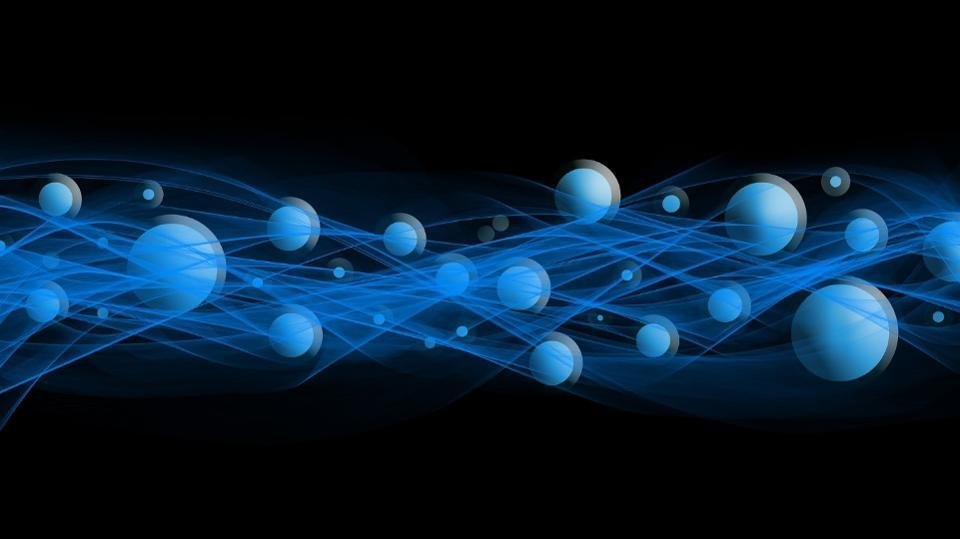

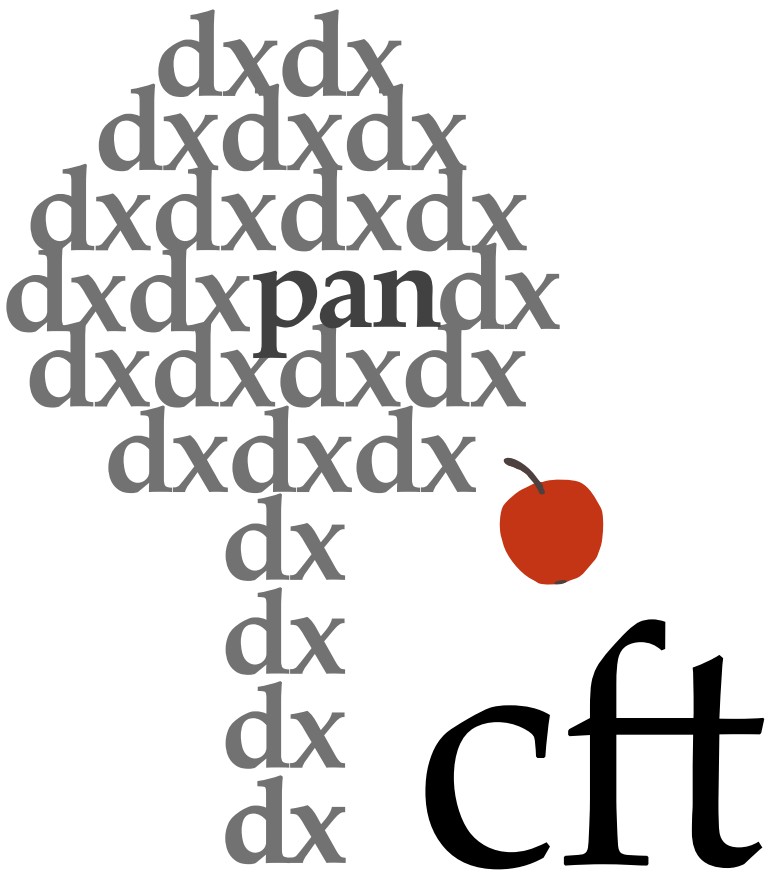
Near-Term Quantum Computers Online Workshop
1 July 2020

Ph.D. in physics, University of New Mexico (2018)
Postdoctoral researcher, Fudan University (Nov 2018 - Aug 2020)
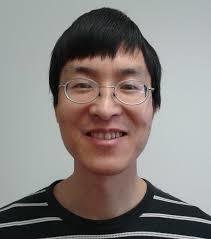
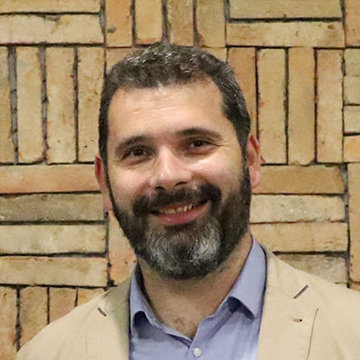
Analog quantum supremacy
with Dimitris Angelakis' group (CQT, NUS)
-
arXiv:2002.11946
- arXiv:2005.11222
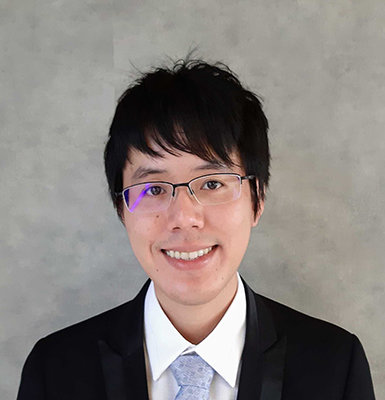
Quantum state certification
with Huangjun Zhu (Fudan U)
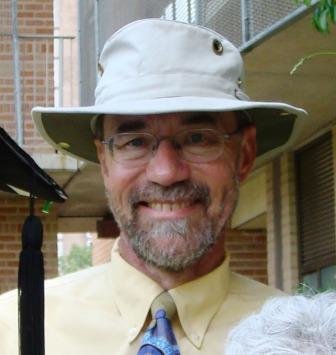

Fermionic quasi-probability representation
with Carlton Caves & Chris Jackson (CQuIC, UNM)
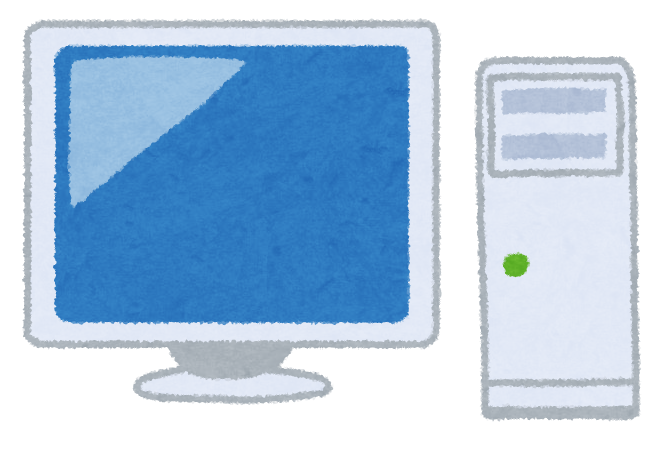
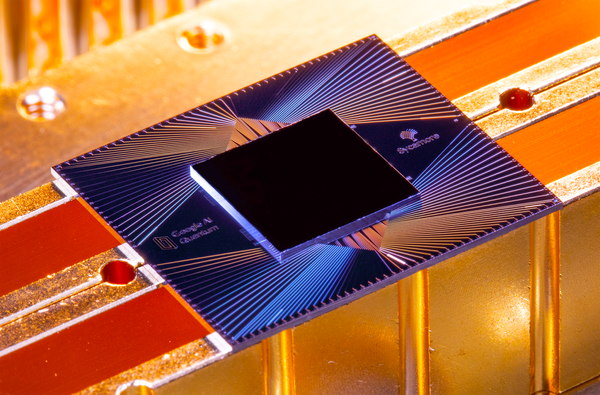
Classical
Quantum

Does the computational process harness genuine quantum effects that cannot be replicated classically?
Classical simulation
Quantum advantage
?
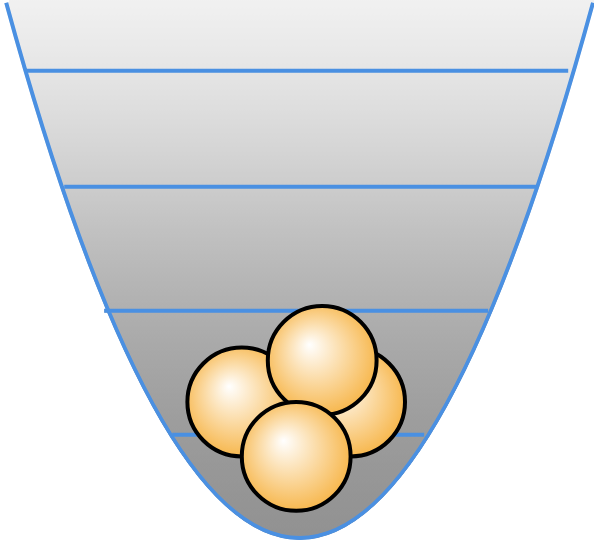
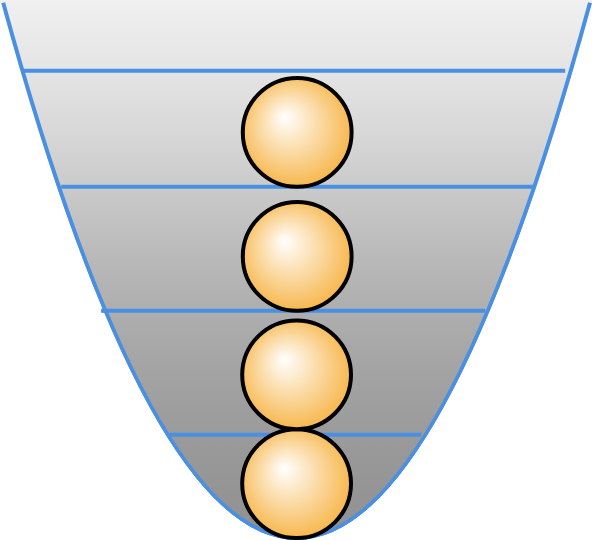
Bosons
Fermions
Qubits
Particle Interference
Hard!
Easy
Modified from Tichy, J. Phys. B 2014
\(n\) particles in \(m\) modes
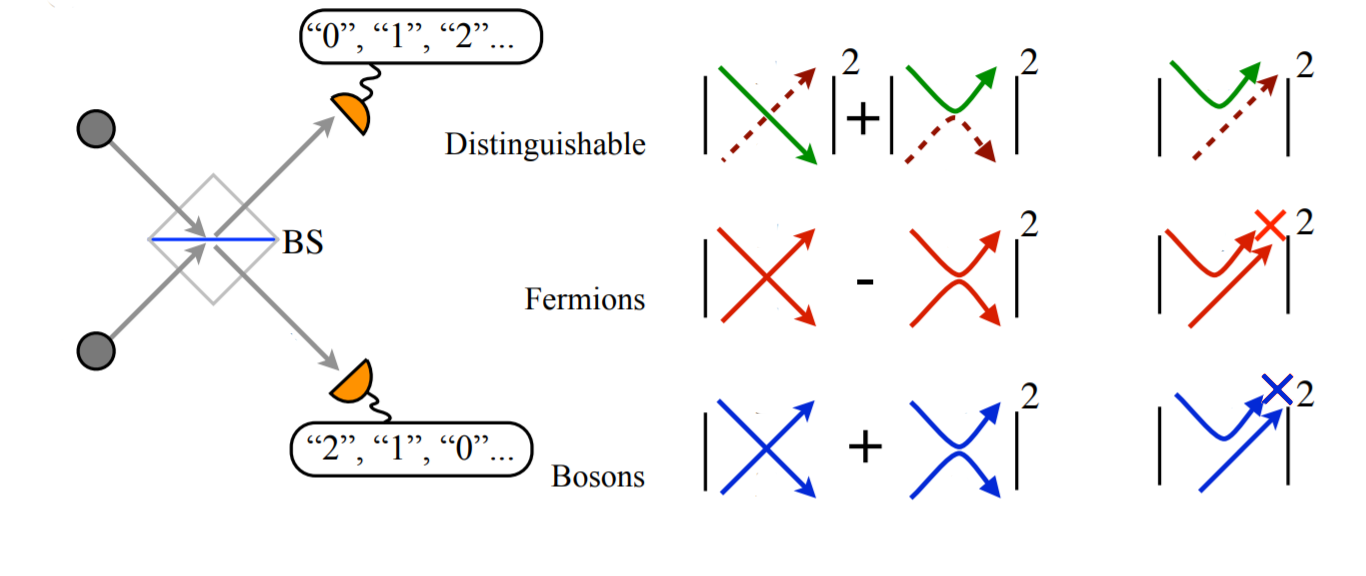
if \(n \lesssim \sqrt{m} \)
no coincidence
coincidence
Pauli exclusion
Quantum Advantage by Boson Sampling
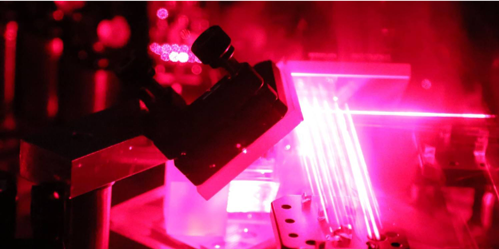

Based on certain plausible conjectures, Boson sampling is classically intractable (Aaronson & Arkhipov, STOC'11)
Wang et al., PRL 2019 performed Boson Sampling with 20 photons (6 lost) in 60 modes
State-of-the-art classical simulation algorithms?
- Boson sampling with 30 bosons in 900 modes can be classically simulated under 5 hours (Neville et al., Nat. Phys. 2017)
- Clifford & Clifford SODA'18 gives an exact algorithm in \(O(n2^n + \mathrm{poly}(m,n))\) time

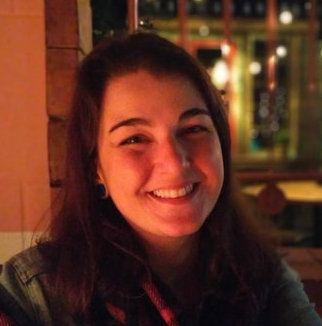
Classical Simulations of Boson Sampling
- \(\log n\) remaining photons (followed from Clifford & Clifford's algorithm)
- Constant loss + constant dark-count (Rahimi-Keshari, Ralph & Caves, PRX 2016)
- Less than \(\sqrt{n}\) photons remaining (Oszmaniec & Brod, New J. Phys. 2018) and more scenarios (Brod & Oszmaniec, Quantum 2020)
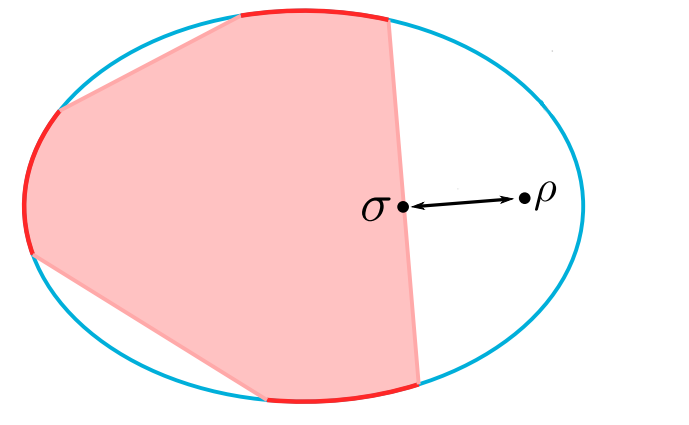
Q: How close are lossy states to classical simulable states on average?
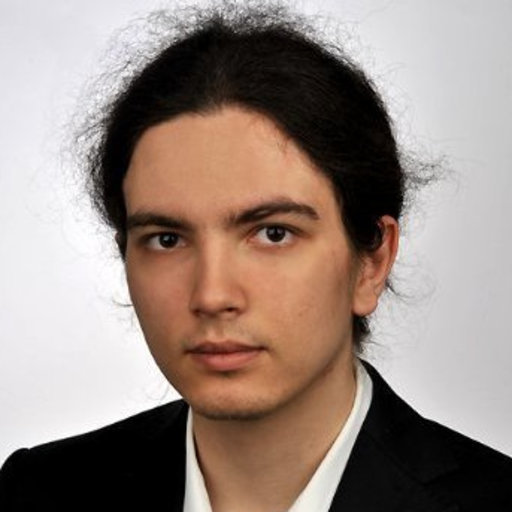
Modified from Oszmaniec & Brod, New J. Phys. 2018
Classical
Quantum Advantage by Fermionic Linear Optics with Magic Inputs
(Passive) FLO operations such as fermionic SWAP are natural in superconducting architecture and quantum chemistry
- Google's quantum supremacy circuits
- Simulating electronic structure Hamiltonian (Kivlichan et al., PRL 2018)

"Magic" input states promote FLO to universality (Bravyi, PRA 2006)
Q: Propose a feasible quantum advantage scheme with FLO; establish average-case hardness and anti-concentration
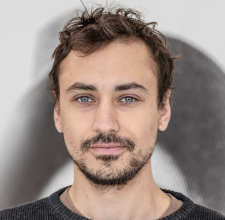
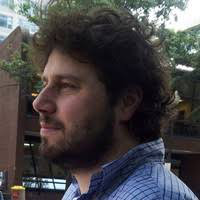

Zoltán Zimborás, Wigner RCP
Mauro Morales, UTS
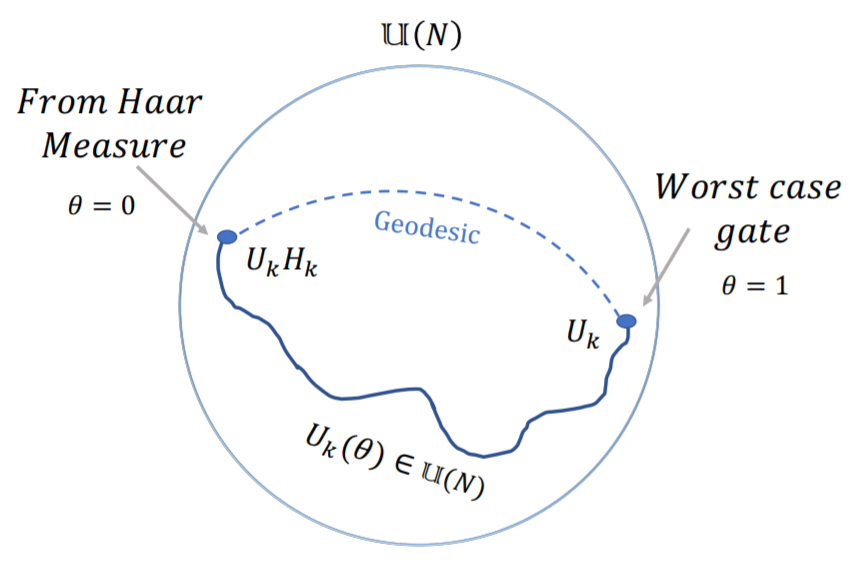
Remark: although the two problems seem to be different, they both involve statements about averaging over the unitary group!
- Boson sampling is classical intractable, while fermion sampling is classically simulable
- Non-ideal boson sampling may be classically simulable (\(\leftarrow\) our project: extend the classical simulations)
- Fermion sampling with magic inputs is classically intractable (\(\leftarrow\) our project: propose a quantum advantage scheme)